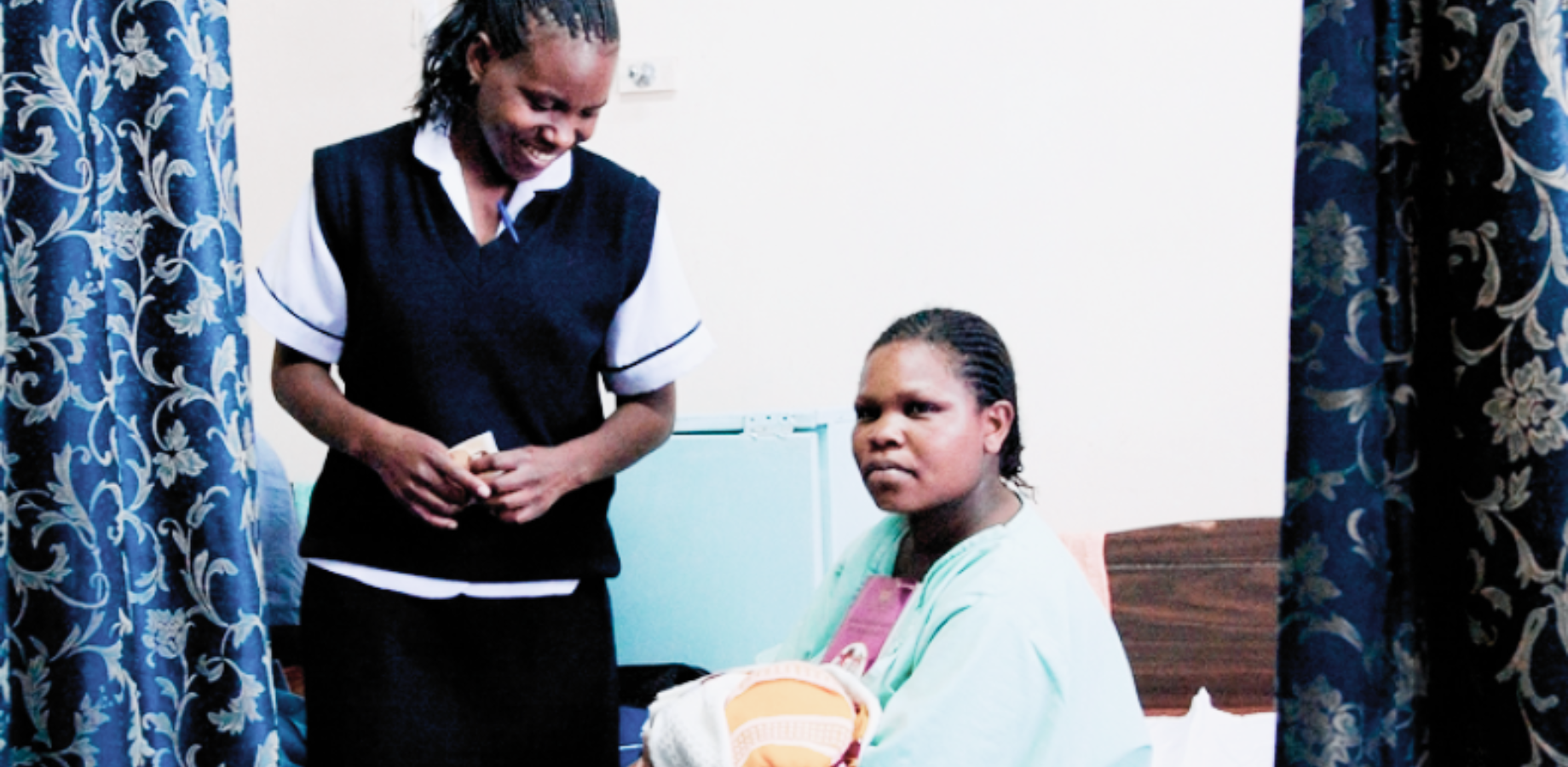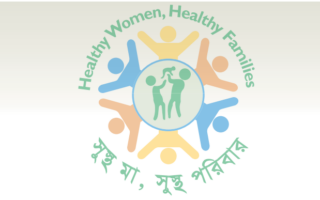
Many women face barriers to delivering their babies in health facilities, not least of which is disrespectful and abusive care during childbirth, including medical procedures performed without a woman’s consent, discrimination, nonconfidential care, abandonment or denial of care, detention, and physical and verbal abuse. These practices violate a woman’s human rights and may discourage her from having an attended delivery in a facility, thus putting her and her newborn at risk.
The Population Council (through the USAID-supported Translating Research into Action Project) and the Ministry of Health in Kenya collaborate with the Federation of Women Lawyers (FIDA Kenya) and the National Nurses Association of Kenya-Midwives Chapter (NNAK-MC) to examine the extent and causes of D&A in Kenya and design and implement interventions to reduce the abuse. Specifically, the Heshima project (Heshima means “dignified” in Kiswahili) aims to:
- Determine the manifestations, definitions of types, and prevalence of D&A in childbirth
- Develop and validate tools for assessing D&A
- Identify and explore the potential drivers of D&A
- Design, implement, monitor, and evaluate the impact of a constellation of interventions at the policy, health system, and community level to reduce D&A
- Document and assess the dynamics of the package of interventions to reduce D&A and generate lessons for scale up
Using a combination of focus-group discussions, in-depth interviews, client exit surveys, health facility assessments, and observations with women and health providers, researchers document the prevalence of D&A, identify the main causes, and implement interventions at the policy, facility, and community levels.
At the policy level, the research team works with a national technical working group of Kenyan policymakers to draft and pass a maternal health bill to reduce or eliminate D&A during childbirth; findings from the study inform the legislation.
At the facility level, researchers adapt a values clarification and attitude transformation training—originally developed by Ipas—to conduct trainings and counseling sessions with health facility nurses to help them cope with the stress of working in underresourced facilities.
At the community level, the Population Council and partners hold community dialogues and train community members on their rights to quality and respectful health care, effectively raising awareness of D&A. The team also trains community members to act as mediators between health facilities and women who have suffered D&A.
Internationally, the Council’s evidence, analysis, and convenings make a significant contribution to the development of the WHO’s statement on the Prevention and Elimination of Disrespect and Abuse During Childbirth. The WHO statement calls for every woman to have the right to the highest attainable standard of health, including the right to dignified, respectful care during pregnancy and childbirth.
The WHO statement illustrates a commitment to promoting the rights of women and to promoting access to safe, timely, respectful care during childbirth. It calls for greater cooperation among governments, healthcare providers, managers, professional associations, researchers, women’s advocates, international organizations, and women themselves to end disrespect and abuse during facility-based childbirth.




